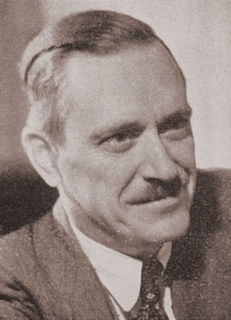A Quote by Murray Bookchin
I learned that [Trotskyism] were no different from the Stalinists, and they expelled me, which is the typical Marxist-Leninist way of dealing with dissenters. From that point on, I migrated by the 1950s into anarchism, increasingly emphasizing decentralization. Also, I made the all-important step of bridging my social philosophy with ecology. I did that in 1952 and went on to write a whole series of books developing an anarcho-ecological approach.
Related Quotes
I think as soon as I figured out - and this must have been incredibly young - that comic books were made by humans, rather than being natural phenomenon likes trees or rocks, I just wanted to be one of the people who did that. So I was copying all kinds of cartoons that I was reading, comic books, and eventually learned how to draw cartoon books step-by-step and just, I don't know, I'm not an especially quick learner, but I sure was a dedicated one.
There are places and spaces for black writers to write about race as a central thing. It's important. We're still dealing with the remnants of slavery. We're still dealing with racism on a daily basis. For me, I choose to write books about black people where we are normal. I was raised to believe that I deserve to be in a room just like anybody else. I try to write books like that.
Whether they [left in America are] anarcho-communists, anarcho-syndicalists, or libertarians who believe in free enterprise, I regard theirs as the real legacy of the left, and I feel much closer, ideologically, to such individuals than I do to the totalitarian liberals and Marxist-Leninists of today.
Anarchism asserts the possibility of an organization without discipline, fear, or punishment, and without the pressure of poverty: a new social organism which will make an end to the terrible struggle for the means of existence, --the savage struggle which undermines the finest qualities in man, and ever widens the social abyss. In short, Anarchism strives towards a social organization which will establish well-being for all.































